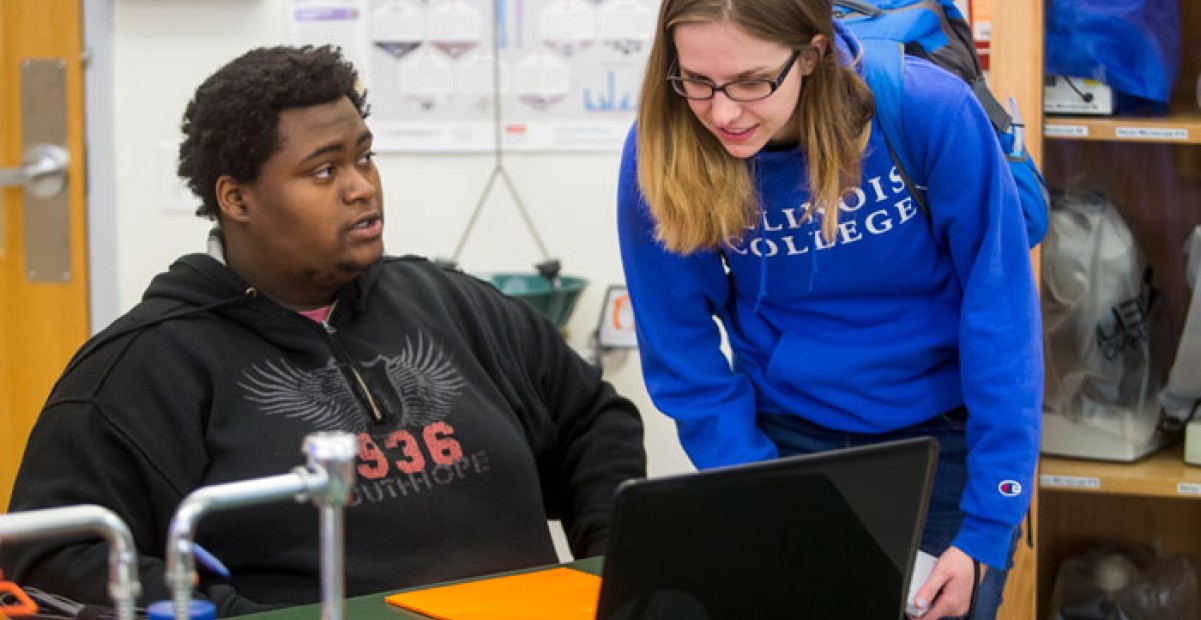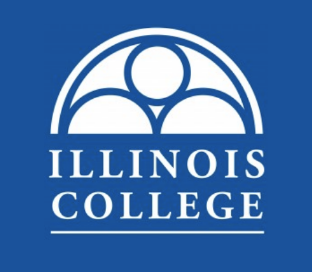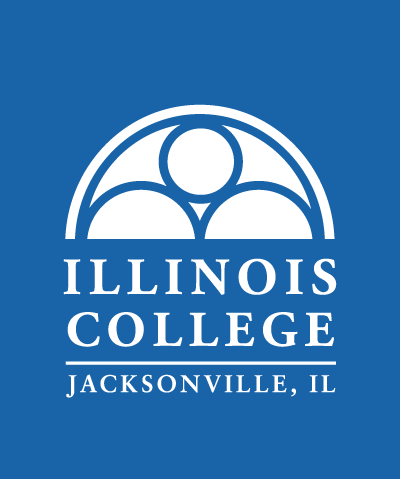Illinois College awarded NSF grant to support student success in STEM
Illinois College is the recipient of a nearly $300,000 grant designed to enhance and improve education in science, technology, engineering and mathematics.

Illinois College offers excellent STEM coursework. This grant will provide students with additional support to overcome challenges, persist and achieve academic success in STEM courses.
Illinois College is the recipient of a nearly $300,000 grant designed to enhance and improve education in science, technology, engineering and mathematics.
The funding comes from the National Science Foundation through the Improving Undergraduate STEM Education (IUSE) program. The grant provides funding to implement methods for teaching and learning STEM subjects that have proven to be highly effective.
Illinois College’s program is a response to the national effort by NSF to address the need for qualified candidates to fill jobs in STEM, which the Commerce Department predicts will continue to grow at a significantly higher rate than other jobs.
Provost and Dean of the College Catharine O’Connell said Illinois College’s involvement with this program demonstrates IC’s commitment to position students for success in these growing fields.
“Illinois College offers excellent STEM coursework. This grant will provide students with additional support to overcome challenges, persist and achieve academic success in STEM courses,” O’Connell said. “Ultimately, we expect that due to grant activities, more students will pursue majors in STEM fields and graduate with degrees that will lead to successful careers.” She further noted that: “The success of Illinois College faculty members in securing this competitive grant is testament to their long-standing and deep commitment to teaching excellence.”
Through the grant, IC faculty members in science and math will train their top students to provide supplemental instruction in foundational STEM courses that many students, particularly first-year students, find very challenging. The goal is to keep these difficult classes from becoming “off ramps” taking students away from majoring in STEM fields. The peer instructors, along with students taking STEM courses, will learn techniques for transferring learning from one context to another and for developing self-efficacy. The model focuses on “mindset training,” the philosophy that a student’s ability to learn is not fixed and can be improved through hard work and dedication. Faculty members will also participate in professional development activities to enhance student learning and success in STEM courses.
Chemistry Professor Clayton Spencer and Psychology Professor Elizabeth Rellinger will lead the project. The IUSE grant will continue for three years, and research results will be used to evaluate and further develop best practices for academic support and student learning in STEM.


